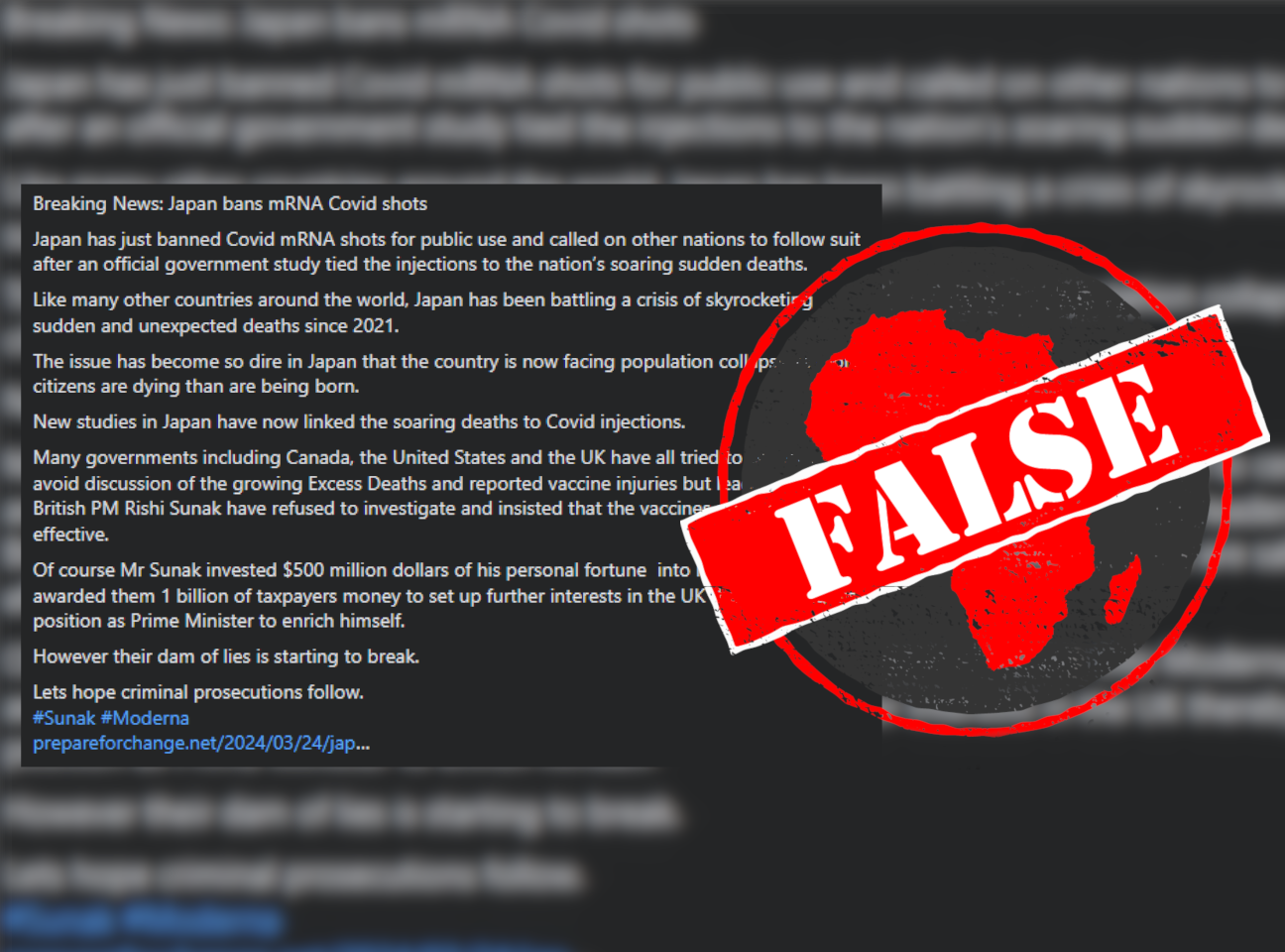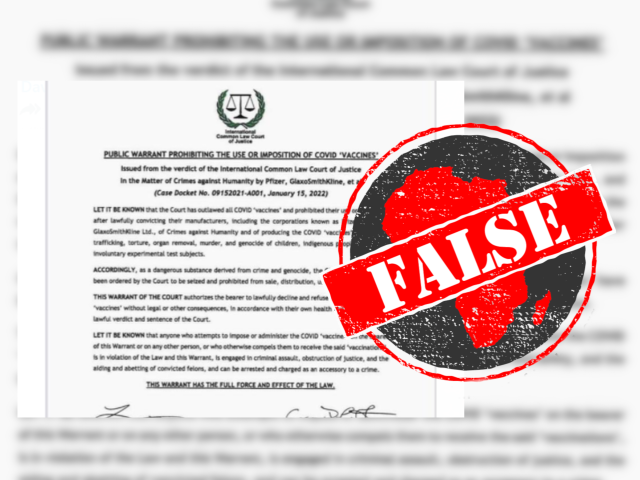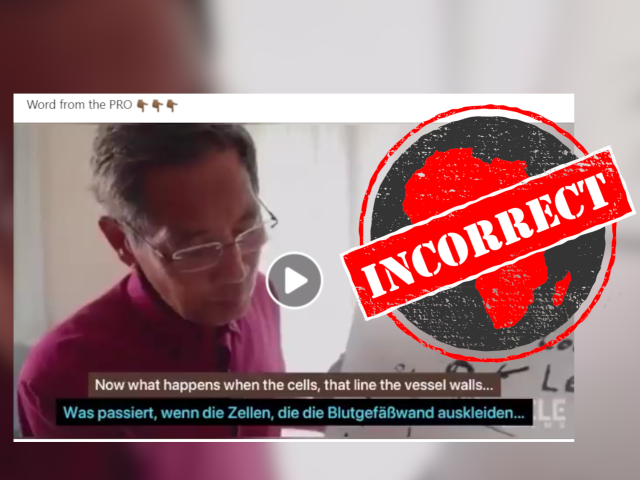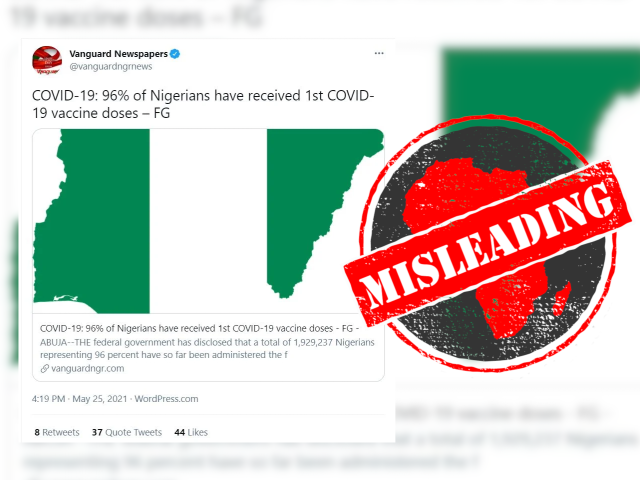IN SHORT: Contrary to social media posts, people in Japan can still get the mRNA Covid shot. The country’s high death rate is because of an ageing population, caused by a low birth rate. Ignore dodgy websites claiming that a “study tied the injections to the nation’s soaring sudden deaths”.
The wealthy Asian country of Japan has banned mRNA Covid vaccines after they were linked to “sudden soaring deaths”. That’s the claim circulating on social media in Kenya, Nigeria, South Africa and elsewhere since late March 2024.
It reads:
Japan has just banned Covid mRNA shots … and called on other nations to follow suit after an official government study tied the injections to the nation’s soaring sudden deaths. Like many other countries around the world, Japan has been battling a crisis of skyrocketing sudden and unexpected deaths since 2021 … the country is now facing population collapse …
The claim has mainly been spread by an identical article published here, here, here and here. It’s attracted comments such as:
- Thank God that I wasn't that stupid and none of my family members were that stupid to take that COVID shots....
- WAKE UP PEOPLE THE TRUTH IS ALL AROUND YOU ALREADY!!
The claim can also be seen here, here, here, here, here and here.
More than four years after Covid upended the world in 2020, dodgy websites are still trying to get clicks – and advertising money – from false claims about the pandemic and the vaccines that helped bring it to a close.
But has Japan banned Covid mRNA shots? We checked.

Emergency vaccination legislation comes to an end
Japan has not banned mRNA vaccines. Instead, temporary vaccinations introduced in an amendment to the country’s Immunisation Act in 2021 expired at the end of March 2024.
The amendment made “immunisations with an urgent need for prevention” during the Covid pandemic available for free. People in Japan can still get an mRNA jab. The only difference is that most of them now have to pay for it.
From 1 April, people aged 65 and over will receive the Covid vaccine at a subsidised price as a routine inoculation during the country’s autumn and winter. People under 65 who choose voluntary vaccination have to pay the full cost.
And far from banning mRNA Covid vaccines, in January Japanese regulators launched a new generation mRNA vaccine, the first of its kind to be officially approved.
Since Japan hasn’t banned mRNA jabs, it couldn’t have “called on other nations to follow suit”.
There is also no credible evidence of any “official government study” that links Covid vaccines to the country’s “soaring sudden deaths”. Such a study would have made global headlines.
The country does have a relatively high death rate, but it’s not caused by Covid jabs.
An ageing population
Japan’s population crisis has been in the news, especially after the country reported a record 1.56 million deaths in 2022. But this is due to an ageing population caused by a low birth rate.
In 2023, government figures revealed that people aged 65 and older made up nearly 30% of Japan’s population, and people aged 80 and older made up 10%. In the same year, the country had its lowest number of births since records began in 1899.
The population decline has alarmed Japan’s government, which gives out about US$25 billion a year in subsidies for families with children in an effort to boost the birth rate.
But it’s still a decline, not a population “collapse”. The country’s population growth was at its lowest in 2022, at negative 0.46%. In the long term, however, the number of people in Japan has increased from 93.22 million in 1960 to 125.12 million in 2022.
And there are indications that the high number of excess deaths in 2022 was due to the Covid pandemic – not Covid jabs.
Using an ad-blocking browser extension, Africa Check looked at the number of ads on websites that published the false claim. Six ads were blocked here, two here and here, and a whopping 14 here. These websites are earning money from spreading disinformation.
Republish our content for free
For publishers: what to do if your post is rated false
A fact-checker has rated your Facebook or Instagram post as “false”, “altered”, “partly false” or “missing context”. This could have serious consequences. What do you do?
Click on our guide for the steps you should follow.
Publishers guideAfrica Check teams up with Facebook
Africa Check is a partner in Meta's third-party fact-checking programme to help stop the spread of false information on social media.
The content we rate as “false” will be downgraded on Facebook and Instagram. This means fewer people will see it.
You can also help identify false information on Facebook. This guide explains how.





Add new comment